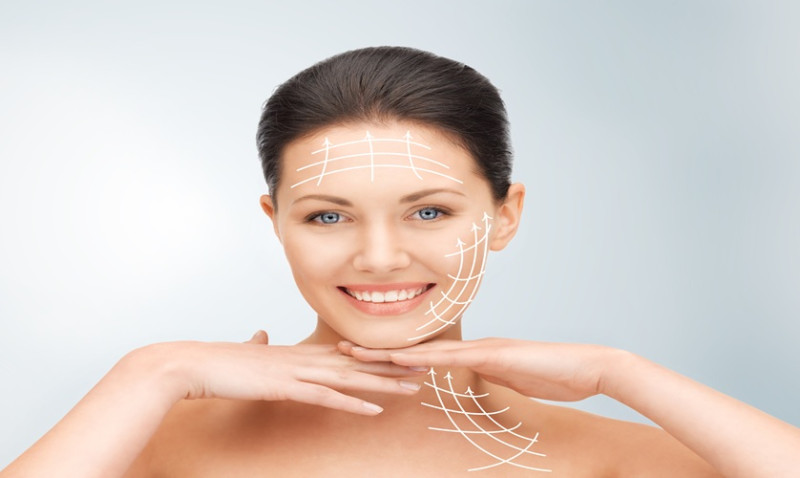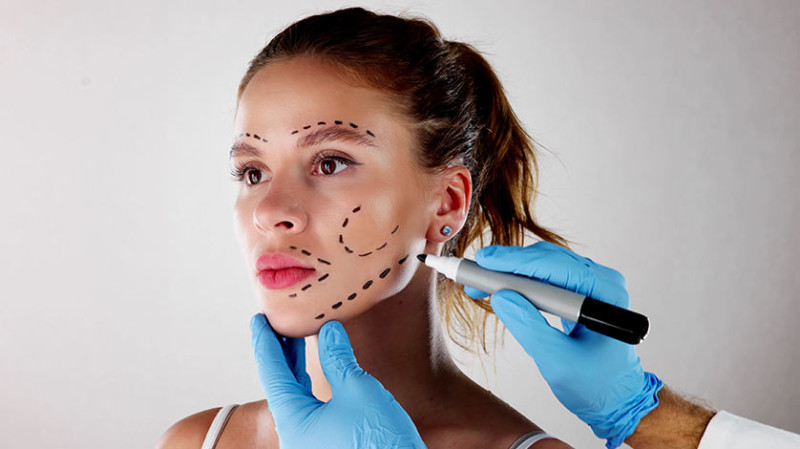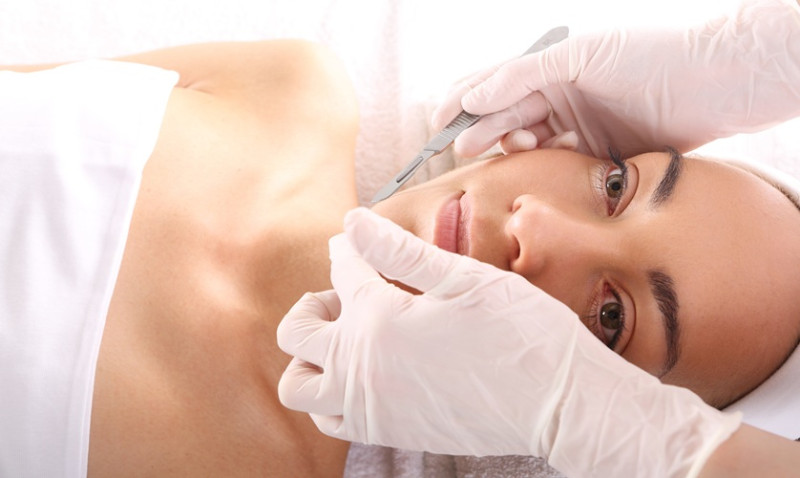
Menopause may mark a natural transition in life, but it doesn’t have to be the end of radiant, youthful skin. In fact, understanding how your skin changes during menopause allows you to choose the most effective skincare tools and techniques to maintain a beautiful, glowing complexion. At Plastic Surgeon, we understand that proper skin care is just as essential during menopause as it was in your younger years. In this post, we’re sharing the ultimate menopause skin care routine specifically tailored for women in the UK seeking real results in real life.
Understanding How Menopause Affects Your Skin
As oestrogen levels decline during and after menopause, several changes in your skin become increasingly noticeable. These may include dryness, loss of elasticity, thinning, and increased sensitivity. It's also common to develop more pronounced fine lines and deeper wrinkles due to a reduction in collagen and natural skin oils.
Oestrogen plays a critical role in maintaining moisture, promoting healing, and stimulating collagen production. Without it, the skin barrier becomes weaker, making it harder for skin to retain moisture and defend against external irritants like pollution and sun exposure—two significant factors affecting skin ageing in the UK’s urban and countryside environments alike.
This phase might also bring about breakouts similar to teenage acne. Hormonal imbalances can cause sebaceous glands to over-function or under-function, making skin more prone to congestion and dullness. Understanding this biological shift is the first step towards embracing a skincare routine that nurtures and restores balance.
Your Daily Menopause Skin Care Routine
Consistency is key when managing menopausal skin. A well-structured skincare routine will support your skin’s ability to repair, hydrate, and glow. Below is a recommended step-by-step regime developed by skin care experts to suit women experiencing hormonal changes in the UK.
Step 1: Gentle Cleanser
As skin becomes thinner and more delicate, traditional foaming cleansers may be too harsh. Use a cream, balm, or micellar-based cleanser with hydrating ingredients like glycerin or hyaluronic acid. This keeps skin hydrated while effectively removing daily dirt, sweat, and pollutants which are typical culprits in accelerating skin dullness and inflammation.
Avoid products with alcohol, artificial fragrances, or strong surfactants. Look for items marked “fragrance-free” and “for sensitive skin” if you’re unsure. Your cleanser should support, not strip, your skin's lipid barrier.
Step 2: Hydrating Toner or Essence
A step often overlooked, applying a toner or essence preps the skin to absorb the next products more efficiently. Choose alcohol-free formulas that contain ingredients like niacinamide, rosewater, or aloe vera to calm and soothe delicate skin.
Incorporating a lightweight essence enriched with peptides or fermented ingredients can also boost hydration and improve elasticity over time.
Step 3: Potent Serums
Serums are the power players of your skincare routine. For menopausal skin, opt for serums with vitamin C in the morning to brighten the complexion and protect against free radicals, and use a retinol or retinoid-based treatment in the evening to boost collagen production and smooth fine lines.
Other notable ingredients include hyaluronic acid for intense hydration, peptides for firming, and ceramides for restoring the skin barrier.
Step 4: Rich Moisturiser
Dry skin is one of the most common effects of menopause. Switch to a richer, cream-based moisturiser that contains emollient and occlusive ingredients such as shea butter, squalane, and natural oils (like jojoba or argan).
This helps seal in hydration and forms a protective layer that reduces transepidermal water loss. If you’re in a centrally heated flat or home—typical across the UK—this extra layer of protection is especially beneficial during colder months.
Step 5: Broad Spectrum SPF
Sun damage is the number one external factor contributing to ageing. Especially in the UK, where many think SPF is unnecessary due to clouds and grey skies, daily protection is still vital. Choose a broad-spectrum SPF 30 or higher with added antioxidants for daytime defence.
Opt for mineral sunscreens containing zinc oxide or titanium dioxide if your skin becomes reactive or sensitive post-menopause.
Weekly Skin Treatments for Menopausal Skin
In addition to your daily routine, consider these weekly treatments to maintain healthy, youthful-looking skin:
- Exfoliation: Use a gentle AHA (like lactic or mandelic acid) exfoliant once or twice a week to slough off dead skin cells and promote renewal.
- Moisture Masks: Hydrating masks with hyaluronic acid, panthenol, and botanical extracts offer instant plumping and comfort after long days or during harsh weather.
- LED Light Therapy: Red LED therapy helps stimulate collagen and soothe inflammation, making this a worthwhile at-home investment or occasional in-clinic treatment.
Professional Treatments to Consider
Sometimes, home care alone isn’t enough, particularly when deeper wrinkles or pigmentation arise. Consulting a skincare professional or plastic surgeon can open the door to more advanced treatments. These may include:
| Treatment | Benefits | Recovery Time |
|---|---|---|
| Microneedling with PRP | Stimulates collagen, reduces fine lines, improves tone | 1–3 days |
| Laser Resurfacing | Targets pigmentation, texture, and sagging | 3–10 days |
| Injectables (Botox & Fillers) | Smooths lines, adds volume to thinning skin | Minimal to 2 days |
| HydraFacial | Deeply cleanses, exfoliates & hydrates | No downtime |
Always consult a certified practitioner or a GP before beginning in-clinic procedures, especially if you’re dealing with other menopausal symptoms or underlying health matters.
Boost Your Routine with Lifestyle Support
No skincare routine is complete without healthy practices to back it up. Staying hydrated, eating a skin-loving diet (think omega-3 fatty acids, collagen-rich foods, and antioxidant vegetables), and limiting alcohol and sugar will significantly support your skin’s ability to bounce back.
Avoid smoking entirely, prioritise at least 7 hours of sleep, and practice stress-reducing techniques like mindfulness, yoga, or a warm bath before bed to help regulate cortisol imbalances that contribute to ageing.
Final Thoughts
Navigating menopause is no small feat, but with the right skincare routine, it’s entirely possible to maintain vibrant, glowing skin well into your 50s, 60s, and beyond. At Plastic Surgeon, we offer expert advice and trusted treatments that align with your personal goals and unique skin concerns. Whether you’re just starting to notice changes or looking to refine your regimen, treating your skin with care, patience, and the right tools will deliver lasting confidence and beauty.
Interested in learning more about menopause skin treatments or booking a consultation? Explore the Plastic Surgeon treatment range or speak to our experts today.





